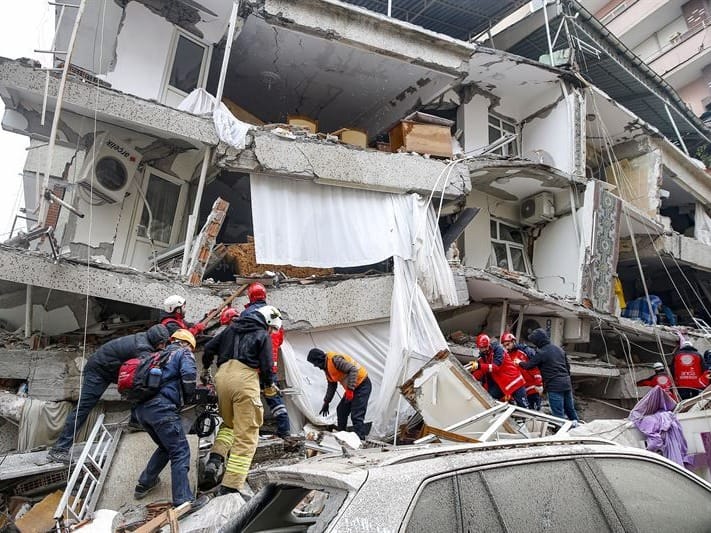Humanitarian organizations and rescue teams rushed to help more survivors of the devastating earthquake and its aftershocks along the Turkey-Syria border, where more than 20,000 people have died and tens of thousands are injured.
Fresh snowfall, freezing temperatures and a disrupted cross-border operation between southern Turkey and war-torn northern Syria added to the despair, frustration and anger over the pace of recovery efforts and a mounting death toll that the U.N. health agency said was likely to keep climbing.







